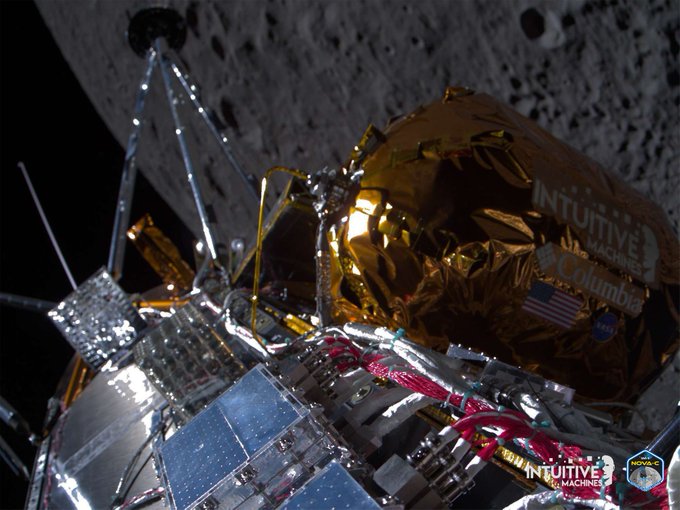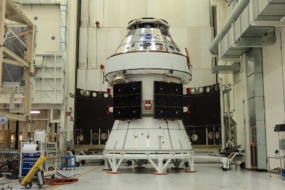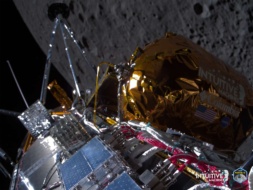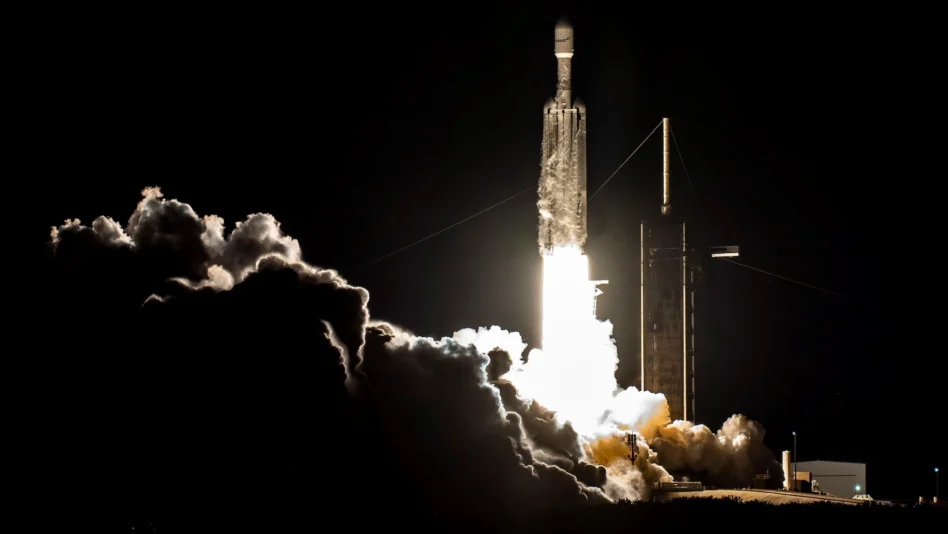One company is on the way to proving that the same things that make the Moon inhospitable to people—cold, barren, hard to reach—make it a perfect setting for long-term, secure data storage.
Lonestar Data Holdings has a demonstration payload onboard Intuitive Machines IM-1 mission, which aims to safely touch down on the lunar surface later today. On Feb. 19, the payload transmitted and received data from the Odysseus spacecraft—a President’s Day-themed document on behalf of the state of Florida.
Product roadmap: The transmissions on Lonestar’s radio spectrum represent the first proof of concept for a data center in deep space. The next Intuitive Machines mission, expected later this year, will include a prototype with eight terabytes of storage that will transmit from the lunar surface.
CEO Chris Stott, who has raised $6M for the startup, said the idea was driven by the needs of customers, which include cheap, long term “cold” storage of large datasets, often for regulatory compliance.
His team began by thinking about spacecraft to store user data in geostationary orbit, before landing (figuratively) on the Earth’s largest natural satellite. “Meeting their requirements was important, being on the Moon wasn’t,” he says.
Space travel isn’t cheap, but Stott said the money they save on cooling, powering, and securing data on the lunar surface outweighs the expensive one-way ticket to the Moon when compared to terrestrial alternatives. And while radiation might be an issue, natural disasters and human interference are far less of a worry.
Artemis Accessories. Lonestar’s business is made possible thanks to NASA’s Commercial Lunar Payload Services program—and the private-sector friendly Artemis Accords, US-written legal principles that have attracted 36 nations.





